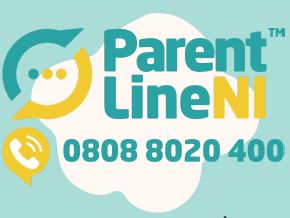We are here to support, listen or advise anytime. Contact us Monday to Thursday 9am to 9pm. Friday 9am to 5pm and Saturday 9am to 1pm.
We are here to support, listen or advise anytime. Contact us Monday to Thursday 9am to 9pm. Friday 9am to 5pm and Saturday 9am to 1pm.







